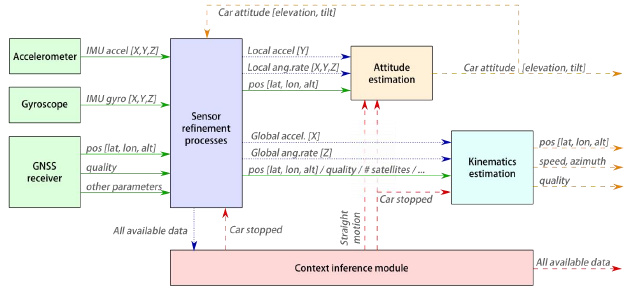Re: Can any worker be trained to do any job?
Very well put. My observations mirror your experience.
Some arguments for all these wonderful new jobs of the future borders on the Pollyanna-ish at best, and a "let them eat cake" attitude at worst. Almost always brought up by people who almost certainly will not be the ones personally facing these job options.
I just don't see why we have to use the same employment model we've used in the past. Clawing our way to the top may appeal to us, but when things reach critical mass and enough people are on the losing end, things will get ugly.
Originally posted by RebbePete
View Post
Some arguments for all these wonderful new jobs of the future borders on the Pollyanna-ish at best, and a "let them eat cake" attitude at worst. Almost always brought up by people who almost certainly will not be the ones personally facing these job options.
I just don't see why we have to use the same employment model we've used in the past. Clawing our way to the top may appeal to us, but when things reach critical mass and enough people are on the losing end, things will get ugly.

 It was soon after this point the paper descended into mathematical formula
It was soon after this point the paper descended into mathematical formula
Comment